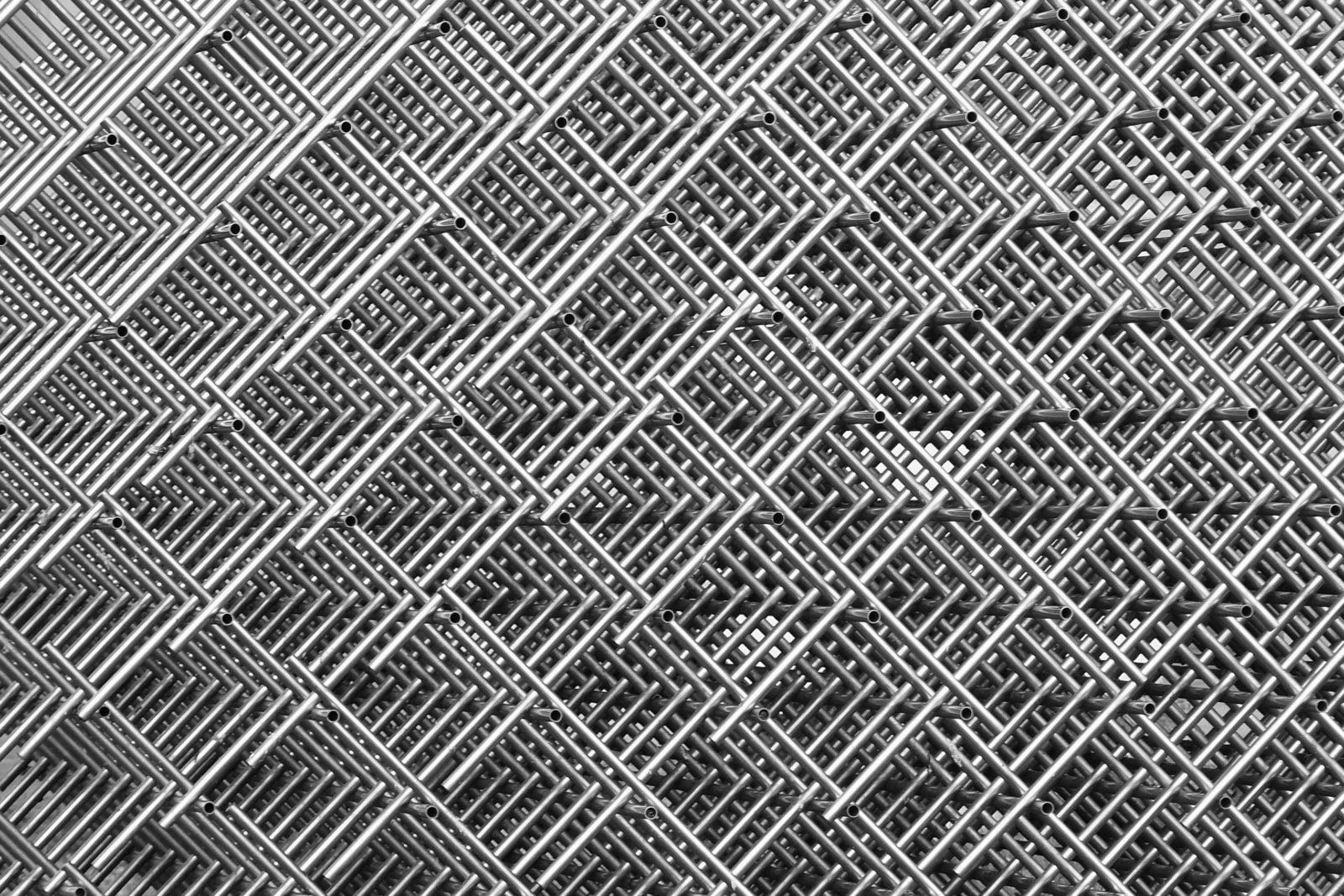Dumping duties payable on the importation of aluminium extrusions continues to be a key focus of the Australian Border Force. This is not surprising given that inadvertent non-compliance remains high and the relevant duty rates exceed 100%. An unexpected dumping duty bill can be a business ending event and a key part of managing this risk is closely monitoring developments affecting what dumping duties are imposed.
There are at least 3 key events in a life of a dumping duty – the initial investigation that results in the duties being imposed, a review of the rates that will apply and an inquiry every 5 years into whether the dumping duties should continue. The last of these, a continuation inquiry, was commenced in mid-February into Chinese exports of aluminium extrusions.
What is a dumping duty continuation inquiry?
Dumping duties automatically expire after 5 years unless a continuation inquiry is held. A continuation inquiry in conducted by the Anti-Dumping Commission (ADC) and involves an examination of the following questions:
- should the dumping duties continue unaltered;
- should the dumping duties be permitted to expire;
- should the dumping duties cease to apply to particular exporters or particular types of goods;
- should the rates of dumping duties change.
Does this mean the dumping duties may end?
Where dumping is unlikely to continue or the local industry will no longer suffer injury, it makes sense that dumping duties should end. After all, these are protectionist, and not revenue raising, duties. Unfortunately, the continuation inquiry into aluminium extrusions is unlikely to bring about an end of the dumping duties. The level of exports from China has not decreased and the most recent review (concluded in May 2019) found high levels of dumping.
Could the rates change? Yes, especially is the ADC follows the recent WTO ruling
The level of dumping duties should be the big focus area. While not all continuation inquiries involve a review of the rates, this inquiry is likely to. This is because the last aluminium extrusion rate review was based on exports during the 17/18 financial year. This data is already 20-26 months old. The ADC is likely to exercise its discretion to update the rates. As a result, the inquiry needs to be treated in the same way as a review. The result of this will be the resetting of:
- specific dumping duty rates for the major exporters,
- the rate that applies to cooperating exporters; and
- the rate that applies to all other exporters (including those that did not participate in the inquiry).
The last time a review was conducted there was a dramatic change in each of the above 3 types of rates. This is due to changes in factors such as the differential between Chinese aluminium prices and global prices, profits on Chinese domestic sales and export prices.
However, what makes this review especially interesting is that the WTO has recently found that the ADC method of calculating certain dumping margins was not in accordance with WTO requirements. While the WTO was reviewing a decision regarding Indonesia A4 copy paper, the offending practice has been adopted by the ADC in relation to aluminium extrusions exported from China.
Traditionally, the ADC has disregarded actual Chinese domestic selling prices due to alleged Chinese Government influence in the market for materials used to produce aluminium extrusions. This practice always leads to large dumping margins. However, following the WTO ruling, the ADC will first have to ask whether the Government Influence has prevented Chinese domestic prices and exports from being comparable. Chinese manufacturers used the same inputs to produce domestic goods as they do exports. As such, the starting point should be that the Government influence equally impacts the price of both categories of goods and those prices remain comparable.
Exporters need to be involved now
The last thing a Chinese exporter needs on top of the Coronavirus is an investigation by the ADC. However, the continuation inquiry has strict timeframes. Those exporters selected for specific in depth review need to lodge their exporter questionnaire by 23 March 2020. Other exporters that wish to obtain the residual exporter rate need to complete the ADC’s information request and associated spreadsheet by 23 March 2020.
No doubt the Coronavirus will impact the ability of some exporters to meet the 23 March deadline. Those affected need to seek an extension from the ADC prior to 23 March.
All exporters and importers should consider whether they wish to make a submission to the ADC regarding the inquiry. Submissions can cover any topic including the primary issue of whether the dumping duties should continue or more specifically, how dumping duties rates should be calculated.
The outcome of this inquiry will greatly impact the viability of Chinese aluminium extrusion supply chains. Please contact us if you would like assistance responding to the inquiry.





